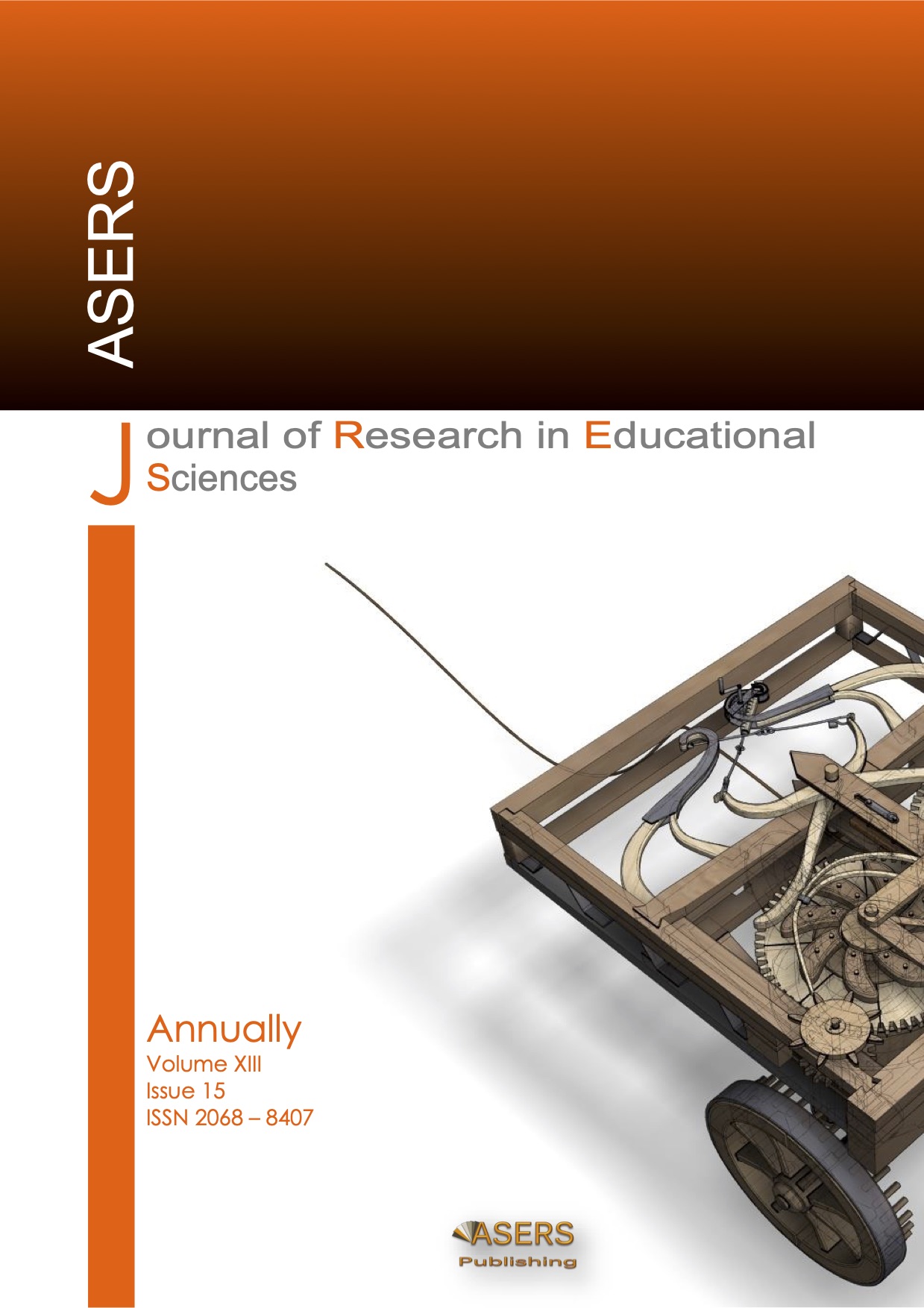Difficulty, Discrimination and Pseudo - Guessing Indices of West African Examinations Council Core Mathematics Multiple Choice Items: Theoretical and Practical Implications of Using Item Response Theory
Difficulty, Discrimination and Pseudo - Guessing Indices of West African Examinations Council Core Mathematics Multiple Choice Items: Theoretical and Practical Implications of Using Item Response Theory
Author(s): Andrews Cobbinah, Simon NtumiSubject(s): Economy, Education, Psychology
Published by: ASERS Publishing
Keywords: difficulty; discrimination; guessing; indices; core mathematics;
Summary/Abstract: Viewing from the psychometric models of modern assessment, it is imperative to note that assessment has been undergoing major constructive modifications. One of the main modifications is the transition from the use of classical test theory (CTT) to modern test models (IRT) as well as methods used in test construction. This is to say that the pendulum swing in test construction techniques is from CTT to IRT. Clearly, the properties of IRT create several benefits in the area of test design and item banking over CTT. This paper estimated the IRT psychometric proprieties (difficulty-1PL, discrimination-2PL and guessing indices-3PL) of West African Examinations Council (WAEC) 2020 core mathematics objectives test examination in Ghana within the remit of IRT. The study revealed that averagely, the 2020 core mathematics objectives test examination were within the difficulty level (1PL) of the examines. In terms of discrimination level (2PL), the psychometric properties indicated that most of the items discriminated among the examinees. However, on the Pseudo-guessing parameter (3PL), it was found that most items were subjected to pseudo-guessing. Theoretically and practically, the way items are constructed could have influenced outcome. Therefore, we strongly advocate and recommend that item writers for examination body like West African Examinations Council (WAEC) should rigorously be trained to be more conscious of theoretical and practical implications of the guessing parameter. This will help in avoiding test items that are prone to pseudo-guessing.
Journal: Journal of Research in Educational Sciences (JRES)
- Issue Year: XIII/2022
- Issue No: 15
- Page Range: 51-60
- Page Count: 10
- Language: English
- Content File-PDF

